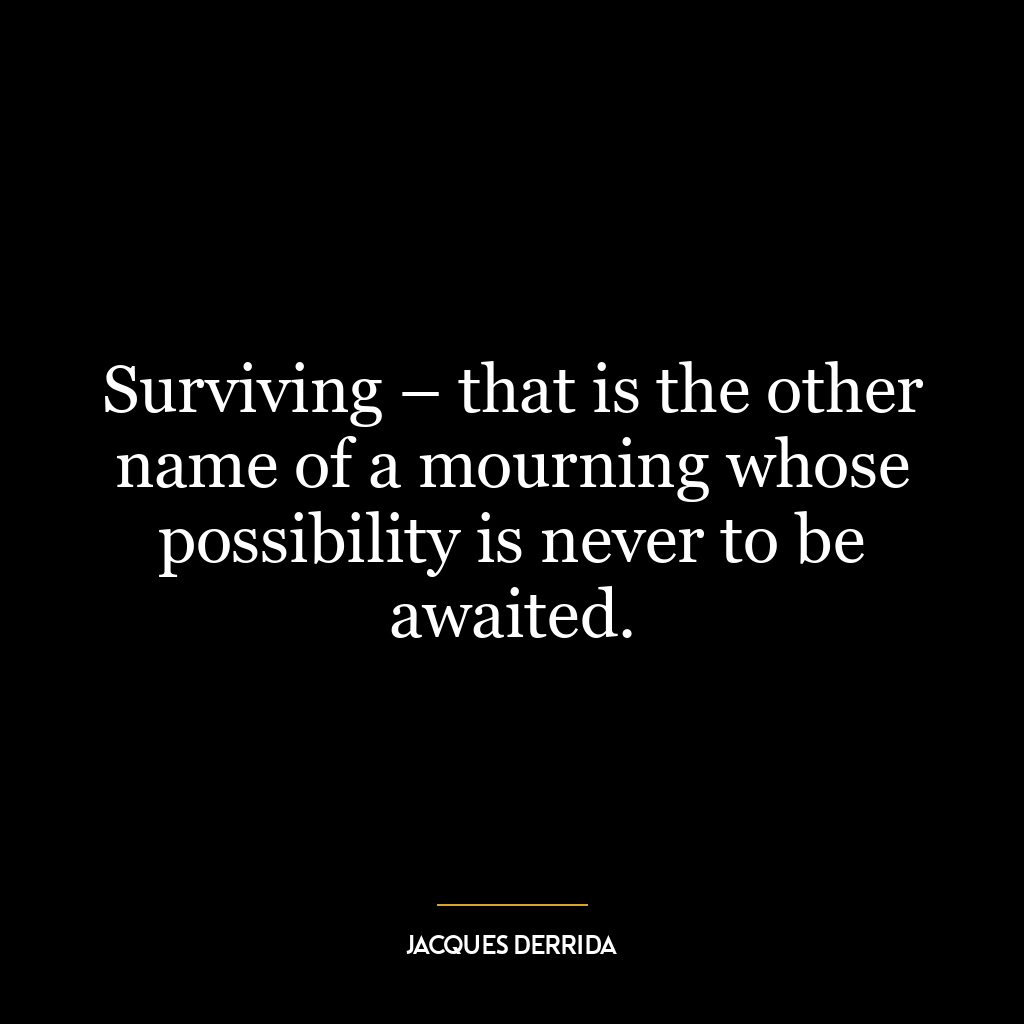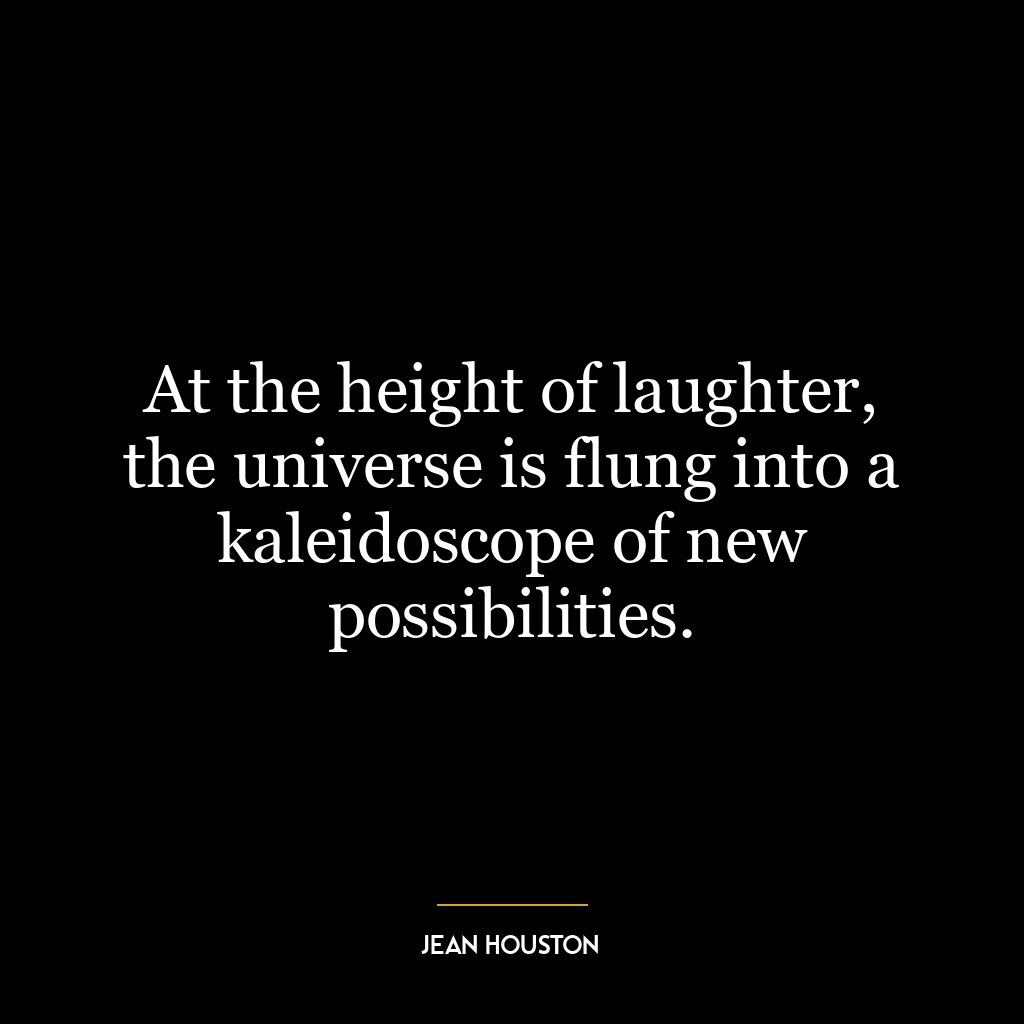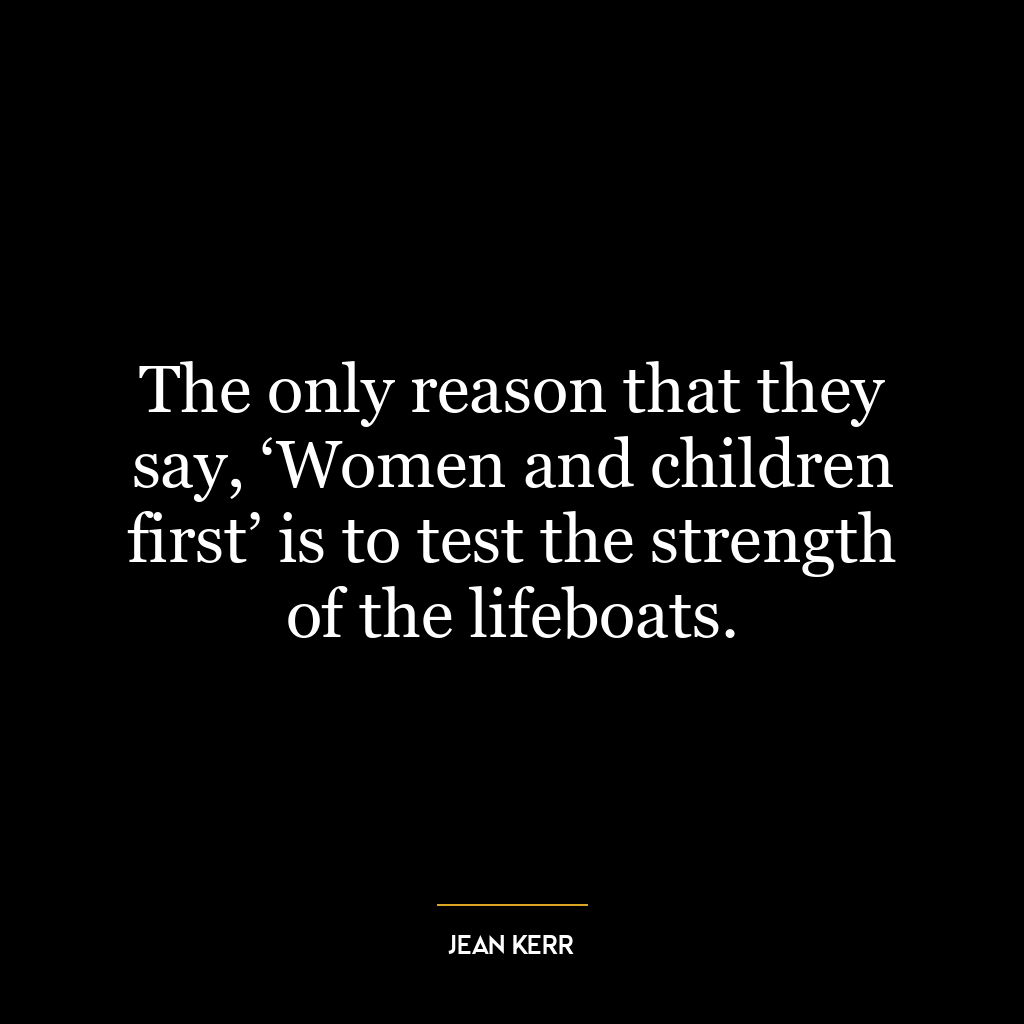This quote suggests that survival is essentially another form of mourning, a state of grieving for something lost. However, the twist here is that this form of mourning is not something one can anticipate or prepare for.This could be as the loss in question isn’t necessarily a physical one – it might be the loss of innocence, ideals, dreams or even aspects of our past selves.
In essence, to survive means to adapt and change in response to various challenges and trials we face. Every adaptation or change involves leaving behind some part of what we were before; hence there’s an aspect of loss involved in every act of survival. This constant evolution often goes unnoticed as we are so focused on surviving and moving forward.Applying this concept to today’s world or personal progress would mean recognizing that every hurdle overcome and every growth experienced entails some sort of sacrifice or ‘mourning.’ For instance, as individuals grow professionally they may have less time for personal pursuits leading them into a state where they mourn their lost freedom.
Moreover, in today’s fast-paced world we are constantly evolving technologically and socially which implies continuous adaptation thus resulting in perpetual states of ‘survival’ mode. Recognizing this can definitely help us better understand our own emotional responses to change - why sometimes progress feels bittersweet or why success sometimes comes with feelings akin to grief.
In terms of personal development it encourages us not only to celebrate growth but also acknowledge what has been left behind in order achieve this growth. It promotes self-awareness about how changes affect us emotionally allowing for healthier coping mechanisms when dealing with meaningful life changes.








